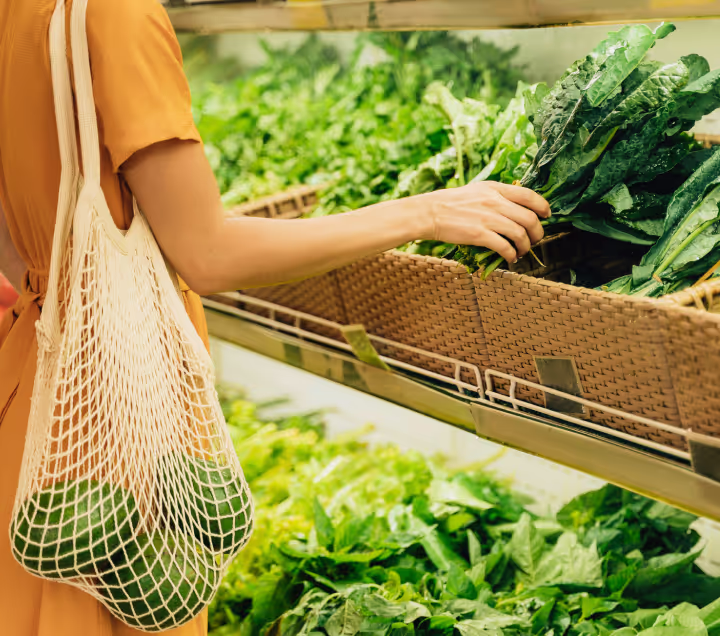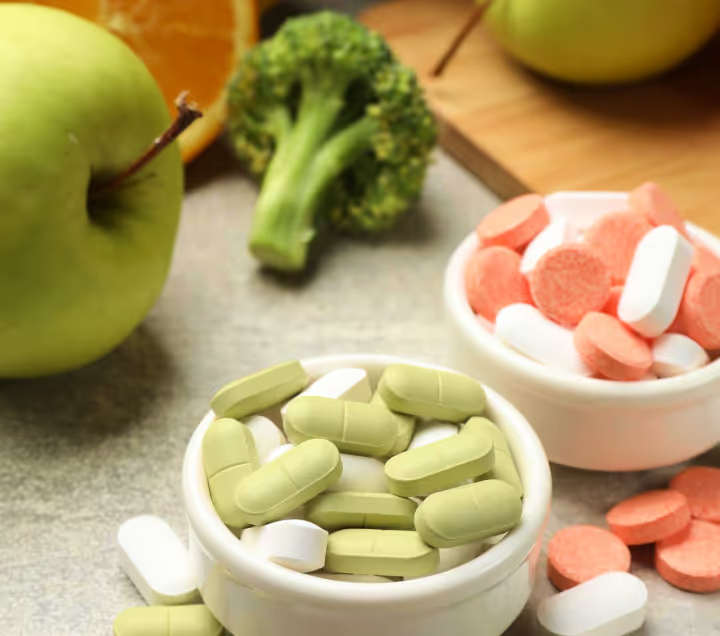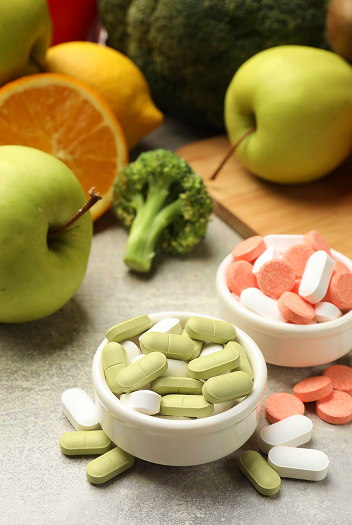ENHANCING HEALTHCARE MODIFIED DIETS WITH MICROBIAL PROTEIN
Where Alternative
Becomes Essential
Pullulo turns farm waste into organic materials that create new, essential sources of nutrition and healthcare, through a proprietary process of protein extraction.
We use 100% animal-free, plant-based or milk-derived proteins, otherwise known as alternative (alt) proteins.



WHERE ALTERNATIVE
BECOMES ESSENTIAL
What Is Microbial Protein?
Microbial protein is an alternative plant-based protein that provides a compelling, efficient solution of securing food that’s accessible to all. It has higher protein content compared to traditional sources of protein like meat and uses upcycling for its production.
Why Microbial Protein?
Why Microbial Protein?

01
Rising Demand From Hyper-aging Population
With the proportion of population that is above 65 quickly reaching 22.5% by 2030, there will be more elderly who will need modified and diabetic diets. Pullulo aims to plug this underserved demand gap and ultimately the entire health food industry with a sustainable and affordable supply.

02
Reducing Food Wastage Along The Supply Chain
The 3 "R" approach is fundamental to the production of the microbial protein. We practise upcycling, where we convert waste from leftover raw fruits, vegetables and carbon dioxide into microbial protein.

03
Reduce Global Greenhouse Gas Emissions
The process of producing microbial protein consumes carbon dioxide. This allows us to support existing decarbonization initiatives and ensure long-term scalability without hurting the environment.

04
Increasing Desire for Organic Foods and Medicine
Alternative proteins are an ideal enhancer to natural compounds customized to address health conditions, consumer allergies, inflammation and dietary needs.
Why Microbial Protein?
Benefits of Pullulo's Alternative Proteins

Vegan

Halal

High Protein Content

Less Labour Intensive/ Time-consuming

Allergen & Gluten Free

Non-GMO

Highly Versatile
Our products are natural, non-toxic, potent ingredients that can be applied to a wide range of tailored products, depending on customer requirements, such as skin and hair care, health supplements, super foods and medicine.

Higher Nutritional Values
Our products contain higher protein content as compared to traditional meat-based protein, and have a number of flavours to increase its palatability.

Lesser Setup Commitments
As our production primarily involves upcycling, we do not need large infrastructures to generate our output. We enjoy high mobility and accessibility when it comes to the setting up of the base of our operations.

Highly Versatile
Our products can be converted into plant-based meats, and different use cases based on the needs of the target audiences.

Higher Nutritional Values
Our products contain higher protein content as compared to traditional meat-based protein, and have a number of flavours to increase its palatability

Lesser Setup Commitments
As our production primarily involves upcycling, we do not need large infrastructures to generate our output. We enjoy high mobility and accessibility when it comes to the setting up of the base of our operations.
Join Us On Our Journey
Whether you are an investor whose looking to invest into the ESG business or an average consumer who is looking to make a difference to the environment, there's a way to join us on our journey to make a positive environmental impact.

Find Out About How
You Can Use Microbial Protein
You can link up with us to see how it can benefit your organisation and needs. We'll be able to provide you first hand details on our products to see how you can scale your business with us.
Email Us

Invest In A
Sustainable Future
If you are looking to be part of this incredible movement towards a sustainable future using alternative proteins, link up with us to see how you can invest in our initiatives.
Enquire More








